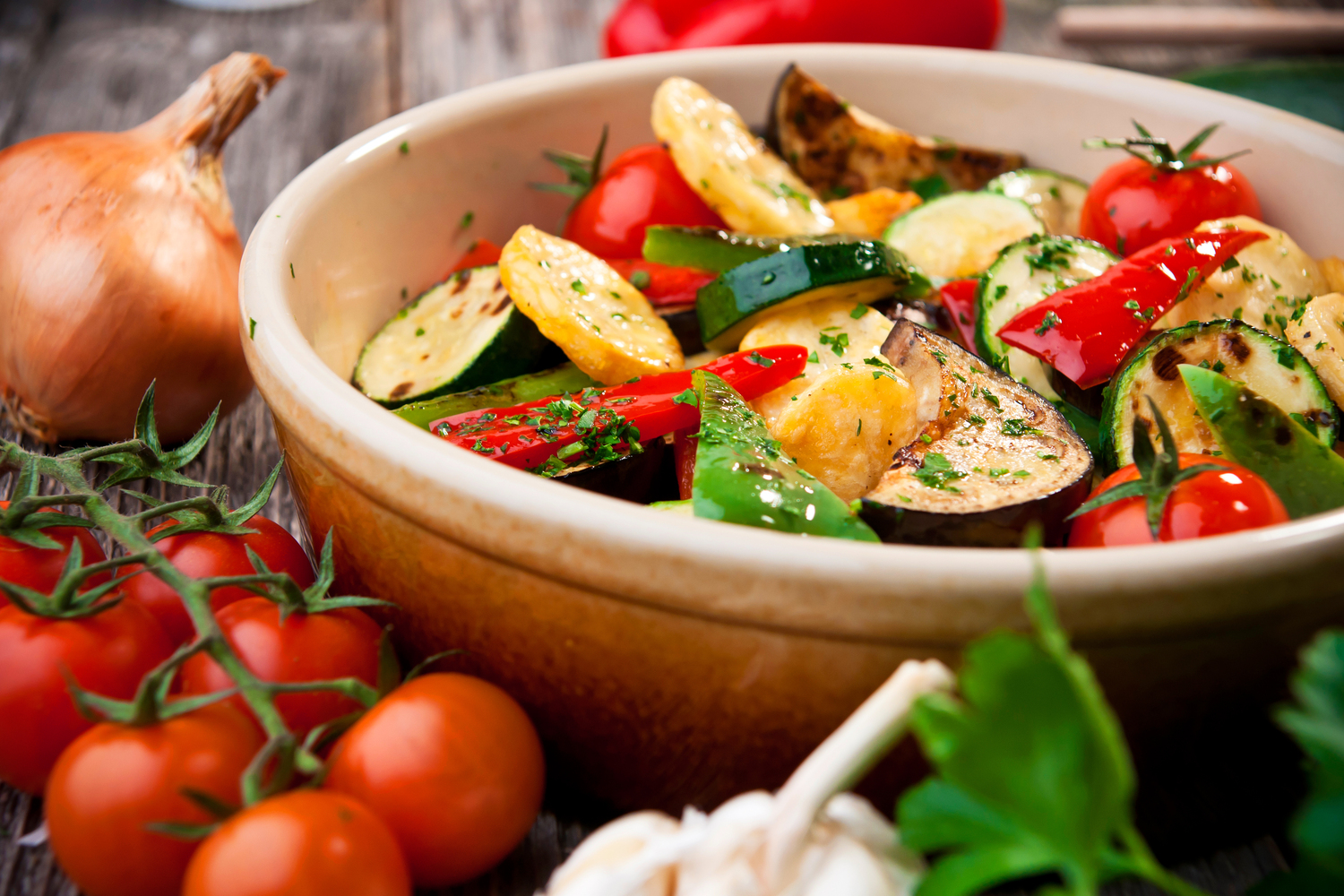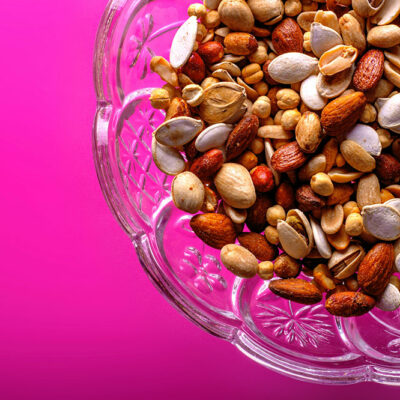
The Best and Worst Foods for Multiple Sclerosis
Multiple sclerosis (MS) is a condition that alters the immune system and destroys nerves, thus impacting the brain’s communication to the rest of the body. MS may cause symptoms like vision loss, pain, fatigue, and difficult body organ coordination. In most cases, MS patients are often recommended physiotherapy and medication to slow the development of the disease.
Besides medication and physiotherapy, a supporting diet has been shown to slow the progression of MS. There is no single defined diet that can stop or undo the development of MS, but some foods may aid in slowing the disease’s progression. The best foods for MS patients should provide nutrients that promote their immunity, and may include:
1. Foods rich in omega-3 fatty acids
Omega-3 fatty acids like fish contain good acids that prevent inflammation and supplement the diet. Since excess omega-6 fatty acids cause the immune system to react, it is a challenge for people with MS.
2. Fibrous foods
Unlike processed foods that activate sugar levels, MS patients should choose foods rich in fiber to help sustain sugar levels and stimulate regular bowel practices. Whole-grain foods such as brown rice and quinoa can be a source of your carbohydrate intake.
3. Foods rich in vitamin D
Vitamin D is available for absorption from the sun, and some diets can provide vitamin D. Some sources of vitamin D include low-fat dairy products, orange juice, tuna, and egg yolks. If you cannot get sufficient vitamin D from the sun and diet, you can get vitamin D supplements, which will slow MS progression.
4. Biotin rich foods
Biotin foods are also known to provide vitamin B, strengthening the nervous system, eyes, skin, and liver. Besides, Biotin will help your body to convert food to energy while regulating the sugar levels. Some foods that MS patients can take include liver, brewer’s yeast, and nuts.
5. Fresh fruits and vegetables
Fresh fruits support the immunity system by promoting antioxidation of the body. Fruits and vegetables are powerful antioxidants, and they prevent and slow down the progression of MS. Some fruits known to be high in antioxidants include cranberries, grapes, watermelon, pears, and cherries. Leafy vegetables have high fiber and may help you manage constipation; some of the high antioxidants include broccoli, carrots, and spinach. These vegetables may also provide you with calcium and iron, which favors curbing the intensity of MS.
6. Unsaturated fats
Most animal oils contain saturated fats, which may cause inflammation. Inflammation in MS patients may accelerate the disease’s development since they already have existing inflammation in some body parts. MS patients should consume more plant based oils like olive oils, hemp, or flaxseed oil.
The worst foods for MS patients are the opposite of what we have outlined above, and contribute to the growth of multiple sclerosis symptoms. Some of the worst foods for MS include:
- Foods high in saturated fats, which release unhealthy fatty acids, which provoke the growth of MS.
- Foods containing processed sugar, which contribute to imbalanced glucose levels in the blood.
- Processed foods, which often contain preservatives that may damage the intestinal mucosa, which weakens the immune system.
- Refined grains like white rice, potatoes, white bread can provoke blood glucose levels, which destroy the neural cells causing neural dysfunction.
- Gluten, which may cause damage to the small intestines. MS patients who are gluten tolerant or allergic should avoid foods containing gluten altogether.


